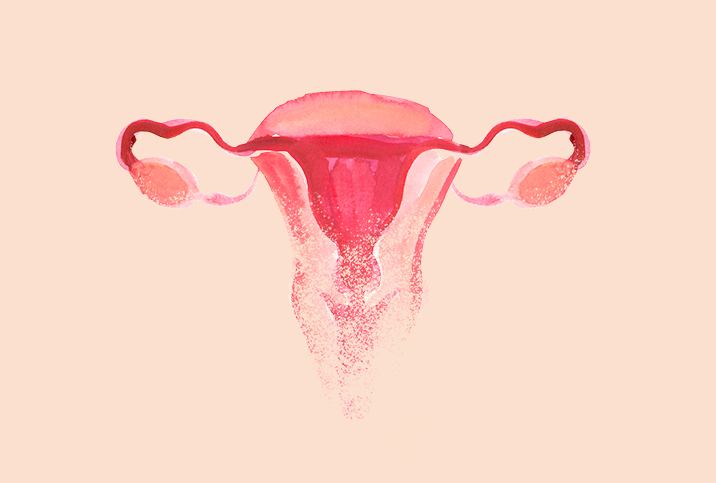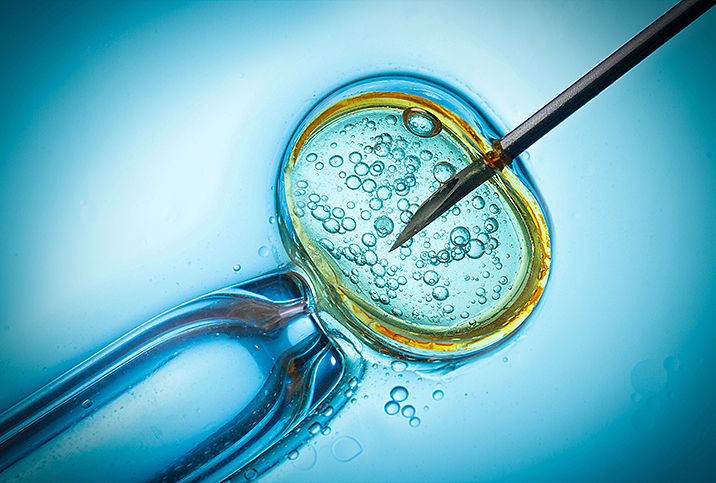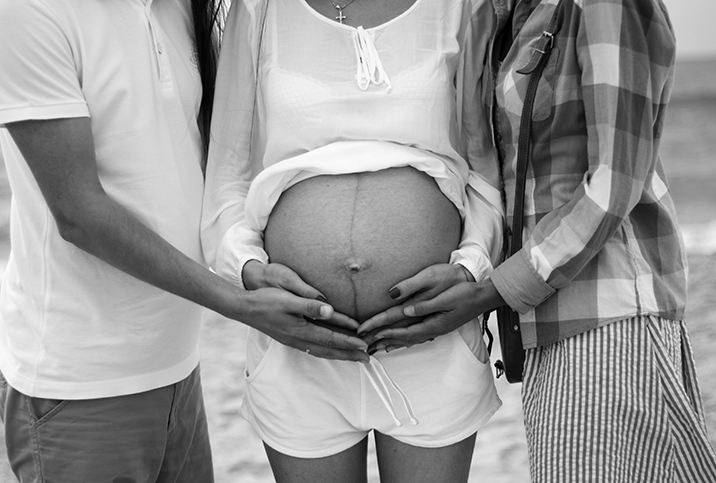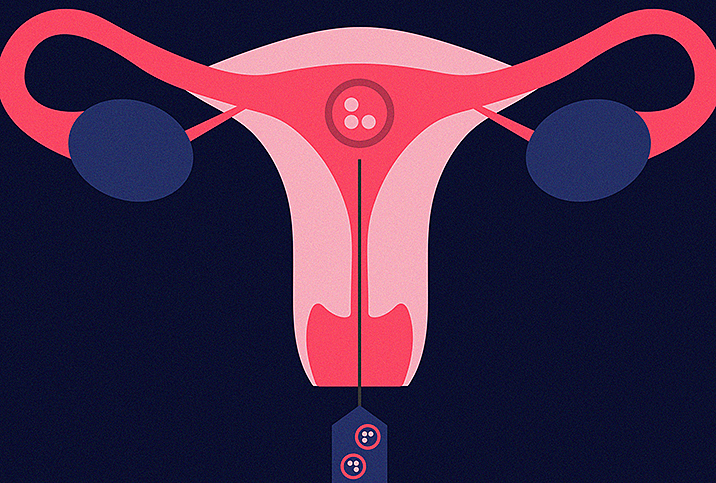Breaking the Stigma of Mayer-Rokitansky-Küster-Hauser (MRKH) Syndrome

It's no secret that women have the short end of the stick when it comes to health care. In fact, numerous studies have shown that conditions that primarily affect women are more likely to go undetected or be misdiagnosed. So, it should come as no surprise that there are plenty of women's conditions you have never even heard of.
One of these little-known conditions is Mayer-Rokitansky-Küster-Hauser (MRKH)—a condition that results in an underdeveloped or sometimes absent vagina and uterus. MRKH is a misunderstood but surprisingly prevalent condition.
"MRKH Syndrome is a congenital condition, which means it is present at birth," explained Kristiina Siiankoski, president and cofounder of MRKH Australia.
"Typically, MRKH is characterized by the underdevelopment or absence of the uterus, cervix and upper portion of the vagina. This is known as Type 1 MRKH," she added. "Type 2 (in addition to these characteristics) can also affect the kidneys, skeletal formation and hearing."
MRKH is not immediately detectable. The first sign of the condition is usually amenorrhea or the absence of a menstrual cycle. However, women with MRKH do still go through puberty, developing breasts, body hair and libido.
While many of us may not have heard of MRKH, the condition occurs in roughly 1 in 5,000 women, and according to a 2015 review in Gene, the condition may date as far back as 460 B.C.
The cause of MRKH is unknown. While there is some evidence to suggest that the condition may run in families and be related to genetics, no gene has yet been shown to cause the syndrome. As one 2015 review in the International Journal of Women's Health hypothesized, the condition could be caused by a specific grouping of genes.
Life with MRKH
Needless to say, MRKH can have a huge psychological and physical impact on women's lives.
"I was diagnosed with MRKH at 17," Alice told Siiankoski at MRKH Australia. "I was sent off to the doctor because I still didn't have my period. After ultrasounds and physical examinations, I was told I had no uterus, cervix and a dimple vagina — about half a centimeter in depth."
For Alice, the psychological impact of the diagnosis was huge. As she recalled, her diagnosis came before social media offered support groups and community. "I was very much on my own," she said. "I felt isolated, ashamed and broken."
The condition also affects a women's ability to have sex and conceive children. "The inability to carry a pregnancy can be very difficult regardless if someone wants to have children or not, having the choice taken away from them is very difficult," said Siiankoski. "It is also important to acknowledge that MRKH can make intimacy and sex difficult at times and we need to provide support in a shame- and stigma-free environment.
Typically, MRKH is characterized by the underdevelopment or absence of the uterus, cervix and upper portion of the vagina.
Alice, like many other women with MRKH, was told that she had some treatment options. As Siiankoski explained, an underdeveloped vagina can be lengthened "through nonsurgical vaginal dilation or other surgical options." Women who wish to conceive children may be able to have a uterus transplant, or they may consider surrogacy or adoption.
Of course, Siiankoski noted, these surgical and nonsurgical treatment options "can be difficult legally and financially and differ from country to country." Plus, she added, "some women have experienced significant trauma as part of surgery options."
For Alice, finding a supportive community made life with MRKH more bearable. "I did not meet another person with MRKH until I was 30 years old, when I went to my first peer support group meeting," she recalled. "Those feelings of shame and isolation slowly started to disappear."
"Now I can say that MRKH has brought so many incredible relationships into my life," she went on. "MRKH can be such a disempowering diagnosis, so empowering change and connecting with others is life-changing."
The need for awareness and education
One of the biggest issues for the MRKH community is misinformation and stigma. As Siiankoski explained, "MRKH can have a significant effect on a person's mental health. There can be a lot of shame, stigma and silence that comes with MRKH. While there is more advocacy by the community, it is still rare that you will find someone who knows about MRKH or has MRKH."
And while more and more people are becoming aware of MRKH, it's also vital that the public gets the right information about the condition. Sadly, the media doesn't always portray an accurate picture of the syndrome.
"Please don't write one of those awful, exploitative headlines, like 'Woman Born Without a Vagina,'" one anonymous woman with MRKH told us. "Women with MRKH have varying levels of underdevelopment of the uterus and vagina—they're usually not completely absent. The stories that are written are always for clicks and things are exaggerated."
Siiankoski also noted the problem with clickbaity headlines. "There are a lot of articles written about MRKH that use terminology like this, which is very damaging for the community," she said.
Going forward, it's vital that we all learn about the real impact of MRKH so that women with the condition are no longer reduced to sensationalist headlines. As Siiankoski put it, "It not only minimizes our experience to how our vaginas were developed and what kind of sex we can have, but also turns our bodies into clickbait. MRKH is incredibly complex and has a range or implications for the people who have it both sexual, physical and psychological."



















